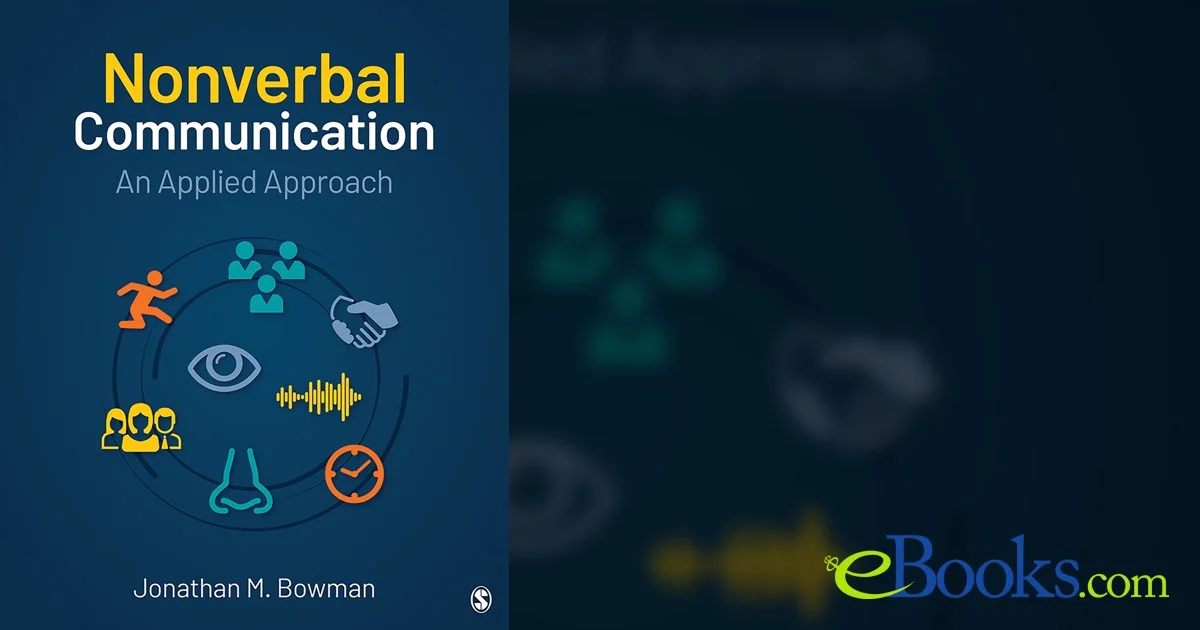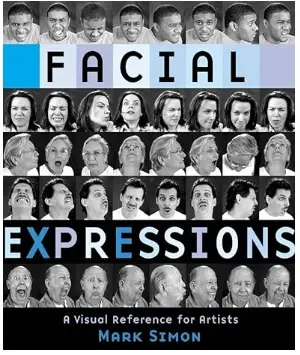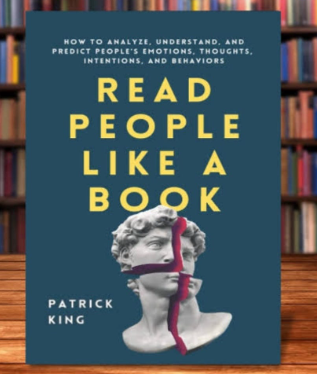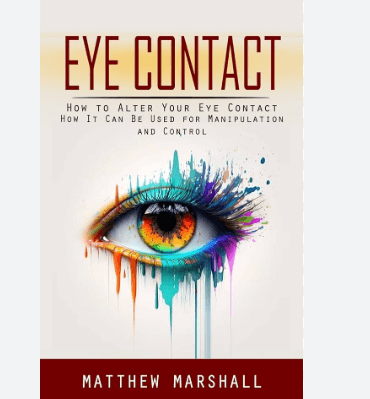Jargon

- Article's photo | Credit Inc. Magazine
In the vast landscape of human interaction, effective communication serves as the lifeblood that connects individuals and fosters understanding. However, lurking within the corridors of dialogue is a formidable foe known as jargon. While jargon is often seen as a specialized language that facilitates communication within specific groups or industries, it can simultaneously act as a significant barrier, impeding understanding and hindering meaningful conversations.
Jargon: The Exquisite Code of the Insiders, Sometimes Lost to Outsiders
What is Jargon?
Jargon, by definition, refers to specialized language or terminology used within particular professions, hobbies, or communities. It acts as a shorthand, streamlining communication among insiders while creating a linguistic barrier for outsiders.
Imagine you're at a party, chatting with someone about their new job as a data analyst. Suddenly, they drop a sentence like, "I'm wrangling terabytes of data to optimize the click-through rate on our A/B testing." Your eyes glaze over. Your brain reboots. You're lost in a sea of techno-babble, adrift on a jargon iceberg.
Jargon is essentially the secret language of a particular group, whether it's doctors, lawyers, techies, or even gamers. It's a collection of specialized terms and phrases that can be super helpful within that group, but complete gibberish to outsiders.
Think of it like this:
- Doctors talking to doctors: Using medical jargon to discuss complex procedures. (They understand each other perfectly.)
- Doctors talking to patients: Using the same jargon can leave patients feeling confused and scared. (Communication breakdown!)
The Upside of Jargon:
Jargon can be a useful shorthand, allowing experts to communicate complex ideas efficiently. It can also create a sense of belonging within a group, like being part of a special club with its own secret language.
The Downside of Jargon:
But when overused or used in the wrong context, jargon becomes a barrier. It can:
- Exclude people: Make others feel like they're not smart enough to understand.
- Lead to misunderstandings: Ambiguity arises when jargon is misinterpreted, leading to misunderstandings that can have far-reaching consequences.
- Sound pretentious: Come across as arrogant and condescending.
Overall, excessive use of jargon can lead to a breakdown in communication, with individuals nodding along to conversations without truly understanding the content. This lack of understanding can hinder teamwork, creativity, and problem-solving.
| Breaking the Jargon Barrier |
|---|
So, how do we avoid getting lost in the jargon jungle? Here are some tips:
|
As we navigate the complex landscape of human communication, it is crucial to acknowledge the double-edged sword-nature of jargon. While it undoubtedly serves as a valuable tool for efficient communication within specific circles, its potential to isolate and hinder broader understanding cannot be ignored. By fostering a culture of mindful communication, providing translation tools, and embracing inclusivity, we can work towards dismantling the barriers erected by jargon, creating a more connected and understanding world.
























